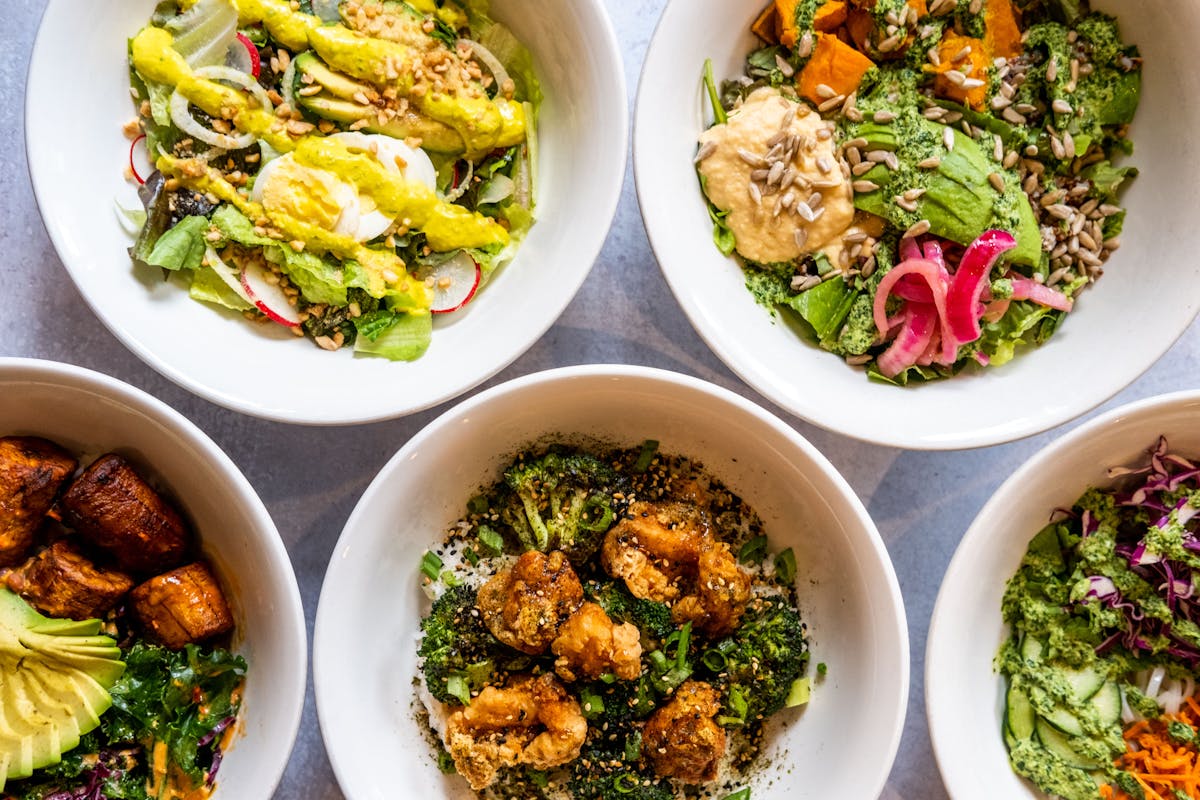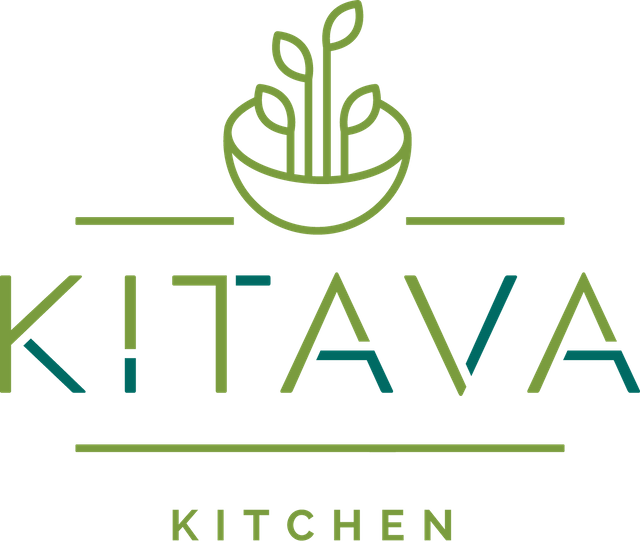Food Sourcing Criteria

Kitava's Food Sourcing Criteria
We take our duty to serve real food everyone can enjoy seriously, and it shows up in our ingredient sourcing standards. These standards support a holistically healthy food system, and lead to quality meals that simply taste better.
Below you'll find our internal guidelines for sourcing proteins, fats & oils, produce, and sweeteners for our recipes, as well as our approach to dietary allergens.
You can learn more about our food philosophy in our Clean Casual Manifesto, outlined in greater detail on the Kitava Blog.
Proteins
Beef / Lamb: 100% grass-fed and grass-finished, raised on pasture.
Poultry: Heritage breed pasture-raised or free-range and humanely treated.
Pork: Ethically raised on pasture with a natural diet.
Seafood: Wild-caught or sustainably farmed.
Legumes: Ethically sourced, soaked for 12 hours to reduce phytate content.
Plant Proteins: Made from vegetables and real food, not processed filler ingredients.
Eggs: From hens that are heritage breed pasture-raised or free-range organic.
We seek partnerships with farms who use holistic land management and regenerative practices that contribute to healthier soil, crops, water, and quality of life for their animals.
Fats & Oils
Cooking Oils: Single origin oils that come from real food sources and contain a lower percentage of omega-6 fatty acids.
Examples of quality cooking oils include: 100% extra virgin olive oil, coconut oil, sustainably sourced organic palm oil, and avocado oil.
We never use highly processed seed oils (or “vegetable oils”), such as: canola, soybean, peanut, rice bran, grapeseed, sunflower, safflower, corn oil, or margarine.
Produce
We follow the Dirty Dozen / Clean Fifteen guidelines published by the Environmental Working Group.
Dirty Dozen - lists vegetables and fruits most exposed to pesticides in the growing process. These foods should always be sourced from organic growers.
Clean Fifteen - lists produce least exposed to pesticides in the growing process. If cost is prohibitive to purchase organically, conventional produce from responsible growers should suffice.
Sweeteners
We prefer low-glycemic sweeteners from real food sources. Examples include: raw honey, pure maple syrup, date syrup, coconut sugar, and fruit.
Certain sugar alternatives are acceptable in moderation, and must be made from natural sources without added fillers or an excessive amount of sugar alcohols. Acceptable sugar alternatives include: Monk fruit extract, stevia leaf extract, and erythritol (in limited quantities).
Allergens
Kitava’s menu is 100% free from gluten, dairy, soy, refined sugars, and seed oils.
Full fat dairy from pasture-raised ruminants and organically grown corn are exceptions that should be used sparingly, and always called out specifically on any menu items where they are used (e.g. Butter Coffee, Tacos).

